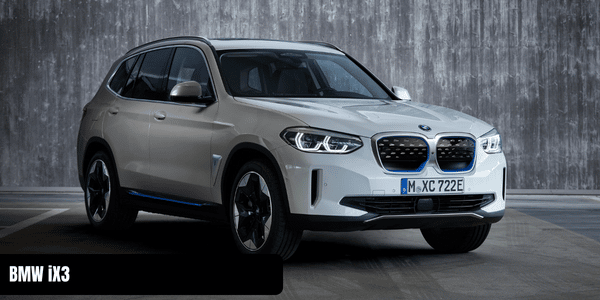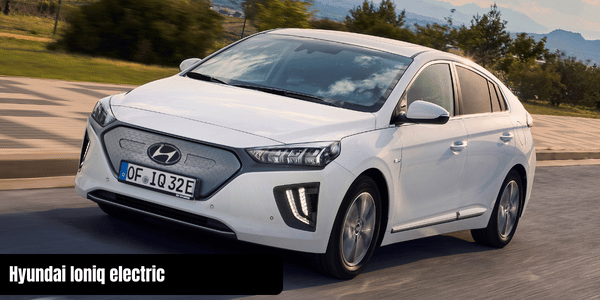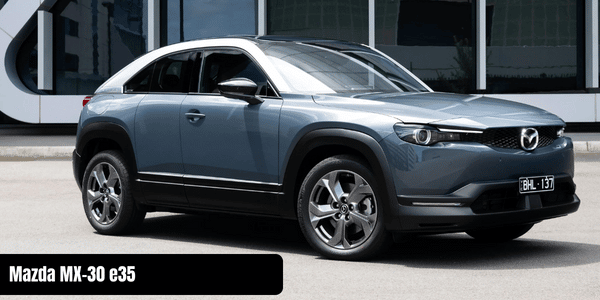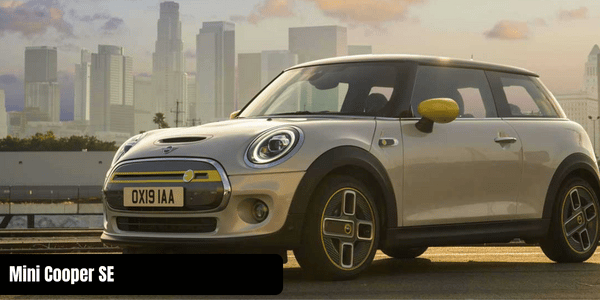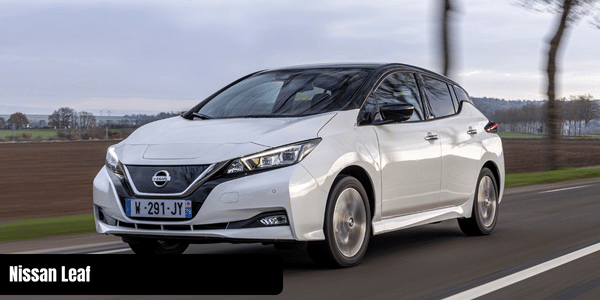On this page
All-electric passenger vehicles, also known as Battery Electric Vehicles (BEVs), are rapidly gaining popularity in Australia. In 2021, the number of EVs on Australian roads nearly tripled, making up approximately two per cent of total vehicle sales in the country.
Exploring the option of obtaining FREE solar quotes from Energy Matters offers an insightful avenue, allowing individuals to align their interest in EVs with a broader exploration of sustainable energy solutions, seamlessly weaving environmental consciousness into their daily journeys.

There’s no stopping the electrification of electric cars on our roads. Industry experts forecast that by 2030, 40 per cent of all new car sales globally will be EVs.
In Australia, as demand continues battery electric vehicle is to grow, so too does the availability of public charging infrastructure. There are now 3,000 public EV charging points (2531 standard AC, 470 supercharge DC) to cover 7.692 million square kilometres. Thousands more will be rolled out over the next couple of years.
State governments have also started to offer financial incentives to encourage motorists to switch to EVs. These can include subsidies of up to $3,500 towards the purchase price of electric cars, as well as exemption of electric cars from stamp duty and registration fees.
There are many reasons why Australians are making the switch to EVs. Some do it for environmental reasons, while others are motivated by the lower running and maintenance costs. Whatever the reason, there’s little doubt that one day in the near future, EVs will be the norm on our roads.
Steps to get solar panels before EV charging
Switching to a sustainable lifestyle often involves a two-step process: installing solar panels and batteries and transitioning to an electric vehicle (EV). Here’s a breakdown of the steps to prioritise solar panel installation before setting up EV charging in Australia:
- Assess your energy needs
- Review your electricity bills: Analyse your past year’s bills to understand your average daily or monthly electricity consumption. This will help determine the size of the solar panel system you’ll need.
- Research solar panel options
- Contact accredited solar retailers: Get solar quotes from multiple Clean Energy Council (CEC) accredited retailers. They’ll assess your roof space, sun exposure, and energy needs to recommend a suitable system size.
- Understand different panel types: Research options like monocrystalline, polycrystalline, or high-efficiency panels, considering factors like budget and efficiency.
- Secure government rebates (if applicable)
- Check your state’s solar rebate programs: Each state offers varying electric vehicle rebates for solar installation—research programs in your area to maximise your savings.
- Apply for rebates before installation: Rebates are typically applied at the time of purchase, so ensure you factor them into your budgeting.
- Choose and install your solar system
- Compare quotes and choose an installer: Select a solar installer offering a warranty on the panels and installation.
- Schedule installation: Coordinate with the chosen installer for a convenient installation date.
5. Monitor and optimise solar production
- Install a monitoring system (optional): Consider installing one to track your real-time solar energy production and consumption.
- Learn about feed-in tariffs: Understand how your electricity retailer compensates you for excess solar energy fed back into the grid.
- Plan for EV charging
- Calculate your EV charging needs: Research your desired EV’s battery capacity and estimate your daily driving distance to determine the amount of solar energy required for charging.
- Consider future-proofing: Opt for a scalable solar system to accommodate increased energy demands when acquiring an EV.
- Install an EV charger
- Consult a qualified electrician: Discuss your solar system and choose an EV charger compatible with your car and grid connection.
- Schedule EV charger installation: Have a qualified electrician install the charger conveniently near your parking space.
List: Electric Vehicles Currently Available in Australia 2024
Compared to some other countries, Australia still has rather limited choices when it comes to EVs. However, as the market continues to grow and more measures to support their uptake are implemented, we can expect more options and greater affordability.
There are currently more than 31 all-electric passenger vehicles available to purchase in Australia, with several more new models set to enter the market.
Below is a list of the electric vehicles available in Australia right now. Note that all prices are the Manufacturer’s Suggested Retail Price (MSRP).
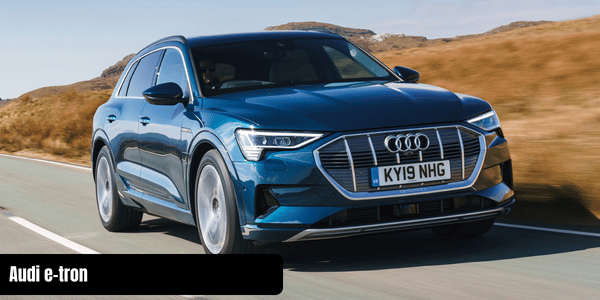
Audi Q8 e-tron (formerly Audi e-tron)
Bodystyles: SUV, Sportback
Range: Up to 454km
Price (AUD):Q8 55 e-tron quattro – $153,900, Q8 55 e-tron quattro Launch Edition – $165,900, Q8 Sportback 55 e-tron quattro – $165,900
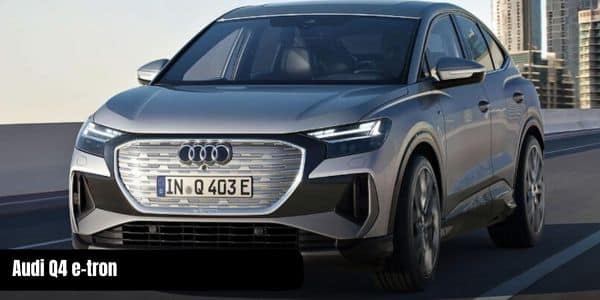
Audi Q4 e-tron
Bodystyles: mid-size electric SUV
Range: 300 – 610 km
Price (AUD): from $88,300 plus on-road costs – or an estimated $95,000 drive-away
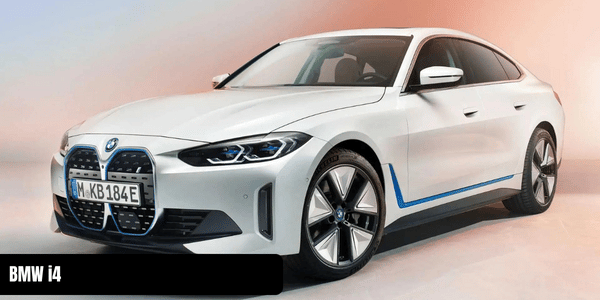
BMW i4
Bodystyle: Liftback
Range: 510 – 590km
Price (Prices exclude on-road costs-AUD): eDrive35 – $85,900, i4 eDrive40 – $102,900, i4 M50 – $133,900
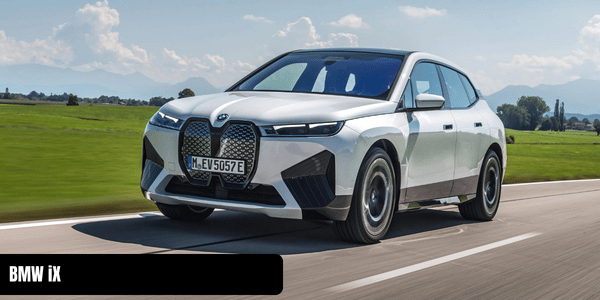
BMW iX
Bodystyle: SUV
Range: 425 – 630km
Price (AUD): xDrive40 – $135,900, xDrive40 Sport – $141,900, xDrive50 Sport – $180,400
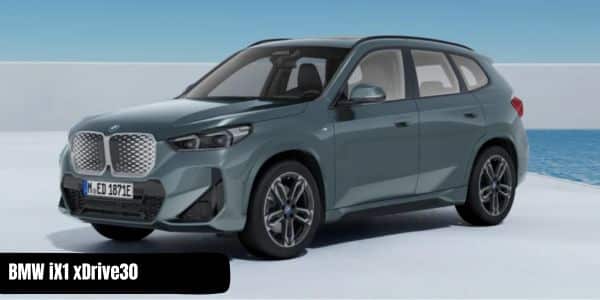
BMW iX1 xDrive30
Bodystyle: SUV
Range: 439 km
Price (AUD): xDrive30 xLine – $84,900, iX1 xDrive30 M Sport – $84,900
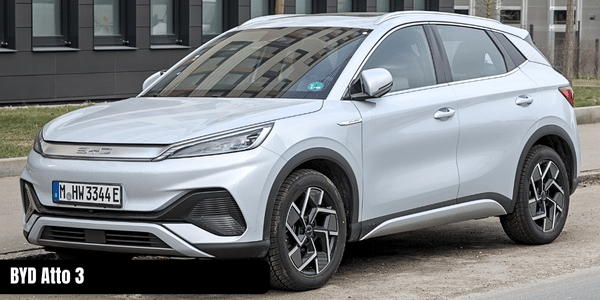
BYD Atto 3
Bodystyle: SUV
Range: 230 – 480 km
Price (AUD): Standard Range – $48,011, Extended Range – $51,011
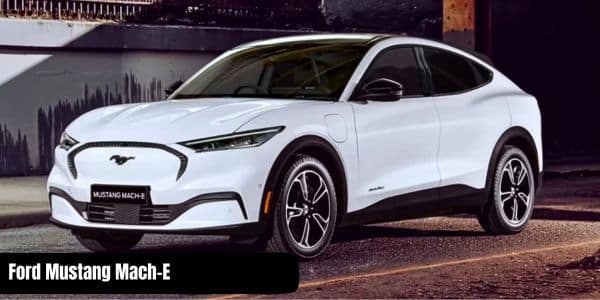
Ford Mustang Mach-E
Bodystyle: SUV
Range: 470 – 600 km
Price (AUD): Select – $72,990, Premium – $86,990, GT – $104,990
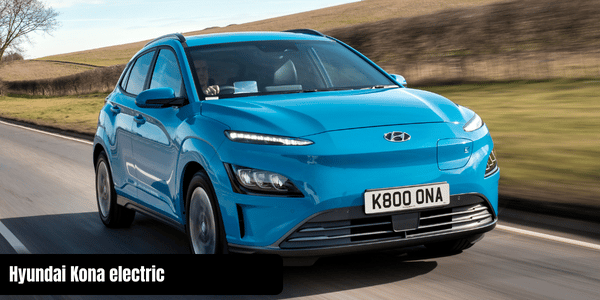
Hyundai Kona Electric
Bodystyle: SUV
Range: 305 – 484km
Price (AUD): Electric STD Range – $54,000, Electric EXT Range – $58,000, Electric Premium – $68,000
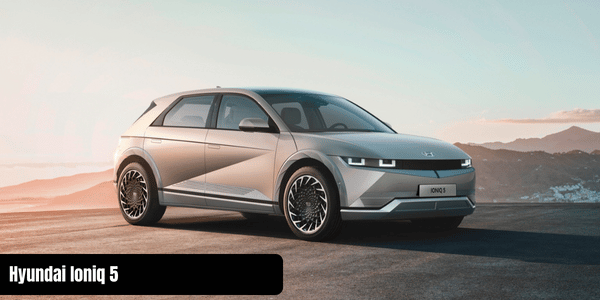
Hyundai Ioniq 5
Bodystyle: SUV
Range: 430 – 451km
Price (AUD): Standard Range RWD – $65,000, Extended Range RWD – $71,000, Extended Range AWD (Dynamiq) – $80,500, Extended Range AWD (Epiq) – $84,000
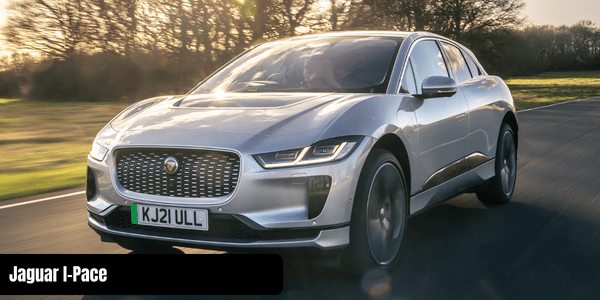
Jaguar I-Pace
Bodystyle: SUV
Range: 446km
Price (AUD): EV400 R-Dynamic S – $144,125, EV400 R-Dynamic SE – $147,475, EV400 R-Dynamic HSE – $165,075
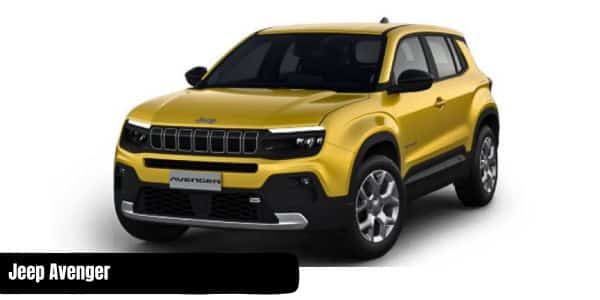
Jeep Avenger
Bodystyle: SUV
Range: 404km
Price (AUD): Avenger Longitude – $53,990, Avenger Limited – $57,990, Jeep Avenger Summit – $63,990
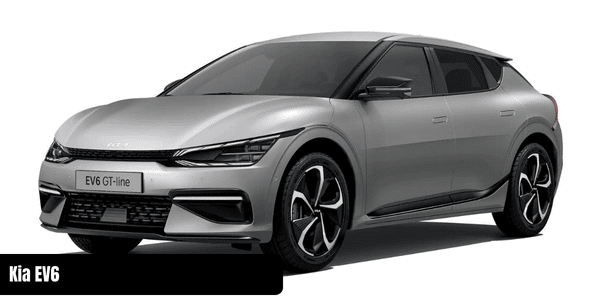
Kia EV6
Bodystyle: SUV
Range: 484 – 528km
Price (AUD): Air RWD – $72,590, GT-Line RWD – $79,590, GT-Line AWD – $87,590, GT AWD – $99,590
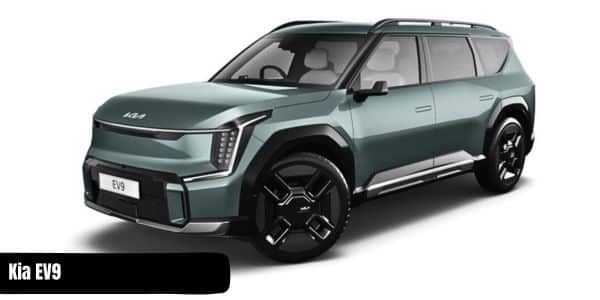
Kia EV9
Bodystyle: SUV
Range: 355 – 465km
Price (AUD): Avenger Longitude – $53,990, Avenger Limited – $57,990, Avenger Summit – $63,990
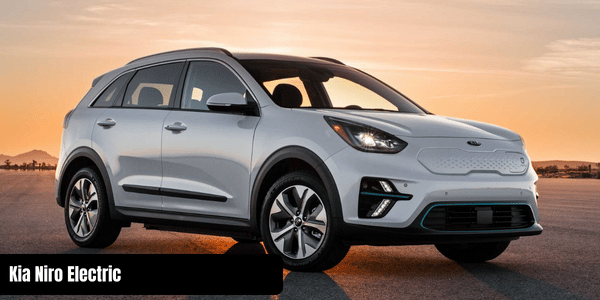
Kia Niro Electric
Bodystyle: SUV
Range: 455km
Price (AUD): EV S – $66,590, EV GT-Line Body C Pillar – $72,360
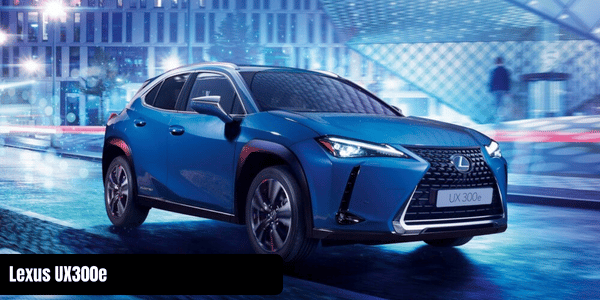
Lexus UX300e
Bodystyle: SUV
Range: 305km
Price (AUD): Luxury – $79,990, Sports Luxury – $87,665
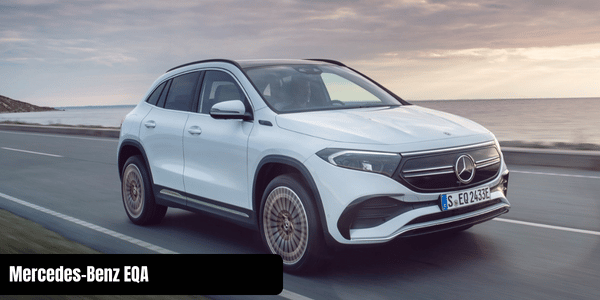
Mercedes-Benz EQA
Bodystyle: SUV
Range: 480km
Price (AUD): EQA 250+ – $84,900, EQA 350 4MATIC – $102,900

Mercedes-Benz EQB
Bodystyle: SUV
Range: 245 – 495 km
Price (AUD): EQB 250 – $87,800, EQB 350 4MATIC – $106,700

Mercedes-Benz EQC
Bodystyle: SUV
Range: 434km
Price (AUD): EQC 400 4MATIC – $126,675, EQC 400 4MATIC SPORT – $144,275, EQC 400 4MATIC ELECTRIC ART LINE – $150,622
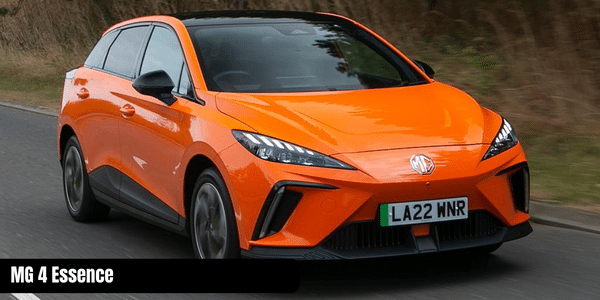
MG 4 Essence
Bodystyle: Hatchback
Range: 435km
Price (AUD): Essence 64 – $47,990, Essence 77 – $55,990
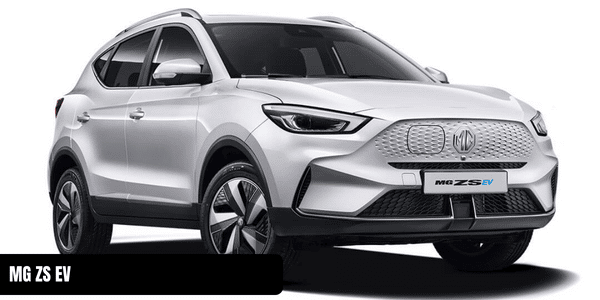
MG ZS EV
Bodystyle: SUV
Range: 263km
Price (AUD): EV Excite – $41,990, EV Essence $44,990, EV Long Range – $51,990
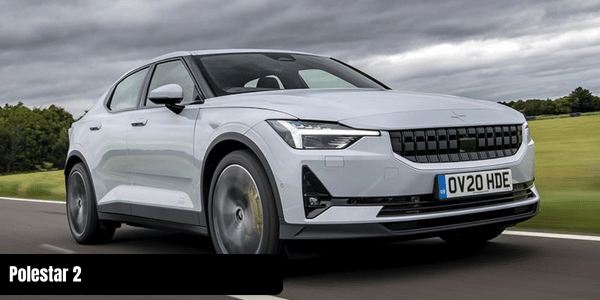
Polestar 2
Bodystyle: Liftback
Range: 470 – 540km
Price (AUD): Standard Range Single Motor – $67,400, Long Range Single Motor – $71,400, Long Range Dual Motor – $76,400, Long Range Dual Motor with Performance Pack – $85,400
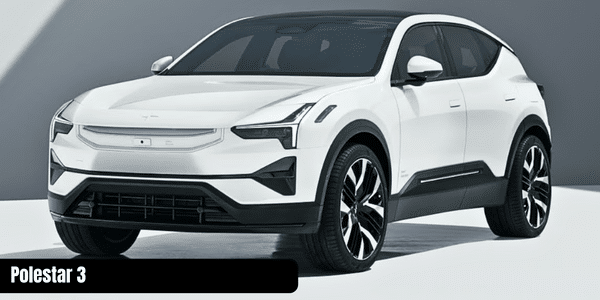
Polestar 3
Bodystyle: SUV
Range: 560 – 610 km
Price (AUD): Long range Dual motor – $132,720, Long range Dual motor with Performance pack – $144,420, Long range Dual motor with Plus pack – $144,420, Long range Dual motor with Performance and Plus pack – $156,120
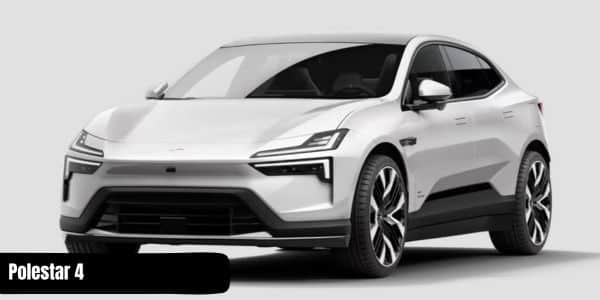
Polestar 4
Bodystyle: SUV
Range: Up to 610km
Price (AUD): Single Motor – $81,500, Dual Motor – $93,050

Porsche Macan
Bodystyle: SUV
Range: 516 – 613km
Price (AUD): Macan 4 Electric – $133,700, Macan Turbo Electric – $180,100
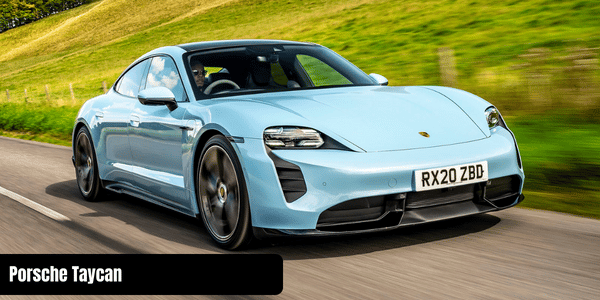
Porsche Taycan
Bodystyle: Liftback/Wagon
Range: 431 – 484km
Price (AUD): Taycan 4 Cross Turismo – $185,200, Taycan 4S – $205,300, Taycan 4S Cross Turismo – $216,200, Taycan GTS – $248,300
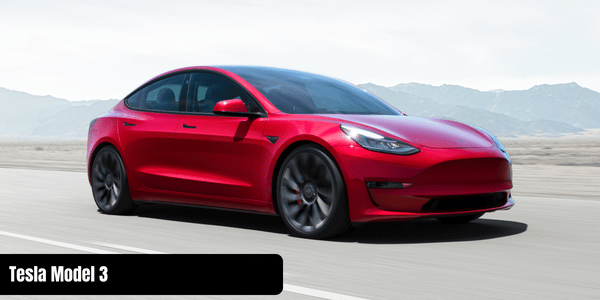
Tesla Model 3
Bodystyle: Sedan
Range: 491 – 614km
Price (AUD): Rear-wheel drive (RWD) – $54,900, Long Range – $64,900, Performance – $80,900
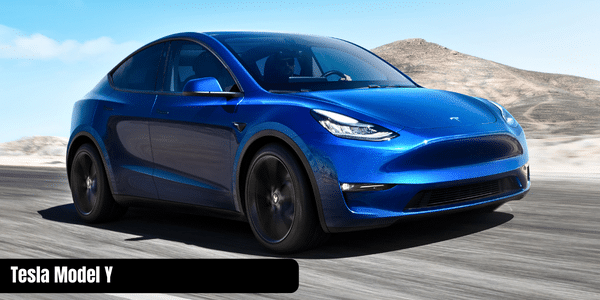
Tesla Model Y
Bodystyle: SUV
Range: 455 – 514 km
Price (AUD): Rear-wheel Drive -$55,900, Long Range – $69,900, Performance – $82,900
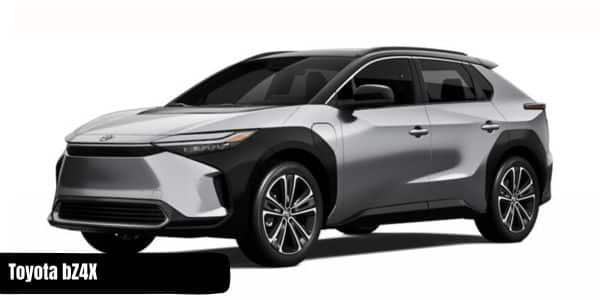
Toyota bZ4X
Bodystyle: SUV
Range: 485 km
Price (AUD): bZ4X front-wheel drive (FWD) – $66,000, bZ4X all-wheel drive (AWD) – $74,900
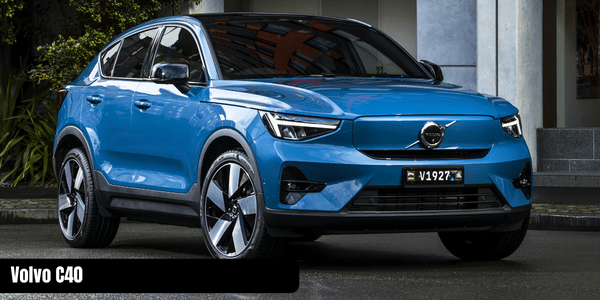
Volvo C40
Bodystyle: SUV
Range: 364 km
Price (AUD): Recharge Pure Electric – $78,990, Recharge Twin Pure Electric – $87,990
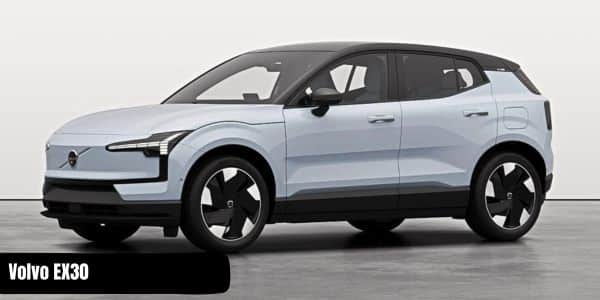
Volvo EX30
Bodystyle: SUV
Range: 255 – 530km
Price (AUD): Single Motor EXT Range Ultra – $64,990, Single Motor Extend Range Plus – $59,990, Twin Motor Performance Ultra – $69,990

Volvo XC40 Recharge Pure Electric
Bodystyle: SUV
Range: 380 – 418km
Price (AUD): Single Motor – $76,990, Dual Motor – $84,990
Are you ready to go electric car or convert your next car to an electric vehicle (EV)? Book a test drive now in one of the newest electric vehicles in your location!
Are you ready to embrace a greener future by installing an electric vehicle (EV) charger?
Imagine the convenience of having your own charging station, allowing you to power up your EV whenever it’s convenient for you. You can contribute to a cleaner environment and combat climate change by installing an EV charger at your home or business. Energy Matters‘ trusted local installers are ready to provide you with a personalised quote tailored to your specific needs.
Don’t wait any longer; request your quote today and be part of the first EV: charging revolution!











